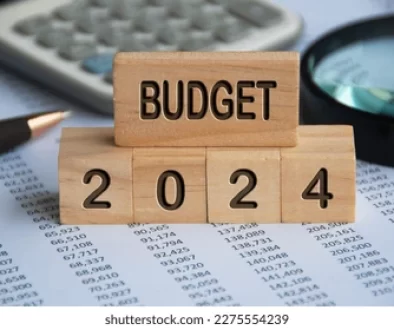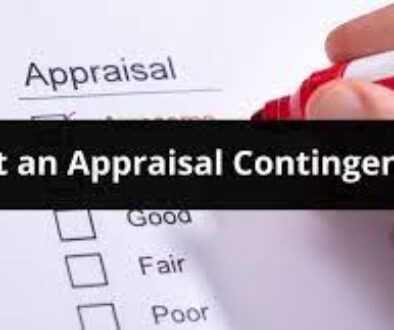Items to Bring on Closing Day
You’ve found your dream home, made an offer and had it accepted by the seller. You’ve ordered a home inspection and resolved any issues the inspector found. Now, you’re ready to close on the mortgage loan that finances your home purchase.
It’s normal to feel nervous during the closing process– especially as your closing day approaches – because on closing day, you’ll sign the documents that transfer ownership of the house to you. You’ll also pay closing costs, lending fees and any taxes that are due.
If this all seems a bit stressful, you can eliminate some of the stress by knowing the exact items you’ll need to bring to the closing table. This will help remove the possibility of any unpleasant surprises on this final leg of your home buying journey.
Let’s walk through a quick checklist of what you should bring with you to closing day.
1. A Photo ID
The title company running your mortgage loan closing will verify your identity by checking and making copies of a photo ID that you bring to closing day. You can use a signed U.S. driver’s licence, U.S. ID card, or U.S. or foreign passport to serve as your photo ID.
Just make sure that everyone – including your spouse or partner – listed on the mortgage loan also provides an approved signed photo ID. The title company is required to verify the identity of every person whose name is on the mortgage.
2. A Cashier’s Check
You’ll have to pay closing costs,, your home’s down payment, prepaid interest, property taxes and proof of homeowners insurance at closing. This money is known as your cash to close, and it’s the total amount you’ll need to bring to close on your mortgage loan.
You can’t simply write a personal check to cover these expenses. Instead, you’ll need a cashier’s check or money wire to pay your closing costs and other fees. Your lender or title insurer will provide this monetary figure before closing day, so you have enough time to secure a cashier’s check or wire transfer.
You can get a cashier’s check from your bank. The main difference between a cashier’s check and a personal check is that with the former, the bank has certified that you have the funds to pay the amount written on the check. Cashier’s checks also contain security features, such as watermarks, to make them more difficult to counterfeit.
3. The Closing Disclosure
When contemplating what to bring to closing, no item is more paramount than the Closing Disclosure– a key form that spells out the final terms and costs of your mortgage loan. Your lender is required to provide your Closing Disclosure to you at least 3 business days before closing day.
This form lists your loan amount, interest rate and monthly payment, including a breakdown of how much of your payment will go to principal, interest, private mortgage insurance (PMI), property taxes and homeowners insurance.
The document also includes your closing costs, detailing the amount you’ll need to pay on closing day.
Having your Closing Disclosure with you on closing day is important. If you’re signing your mortgage papers and any costs differ from those on your Closing Disclosure, make sure to question your lender and title company. Never sign any document if you’re uncomfortable with the fees or closing costs listed on it.
4. Proof Of Insurance
Before your lender approves your mortgage, you’ll be required to take out a homeowners insurance policy. This policy protects you if your home is damaged or destroyed, because the insurance company will provide you with a payout to help cover the damages or help you rebuild.
You can use your policy’s declarations page as proof of your insurance. This page lists your name and address, a description of the home you’re insuring, and your policy’s premium. Check with your lender and title company to make sure you’re bringing the proper form of proof to the closing table.
5. Professional Representation
You don’t want to go it alone on closing day. It’s important to have professionals representing your interests. After all, you’ll be signing plenty of papers and making what might be the biggest purchase of your life. You’ll want a representative there to answer your questions, check over your closing documents and raise any concerns.
That’s why it’s important to have your real estate agent or real estate attorney present at closing. In many states, you’re required to have your lawyer there on closing day, and you’ll usually pay a flat fee for this representation.




